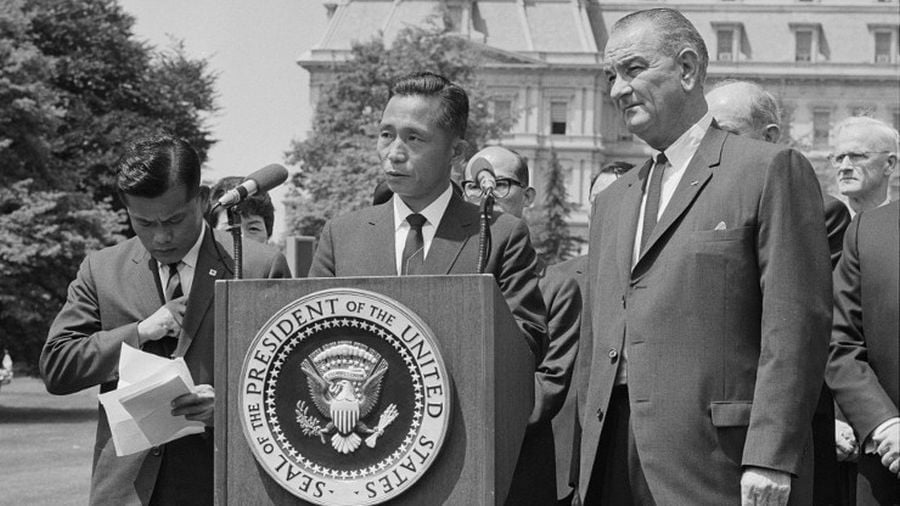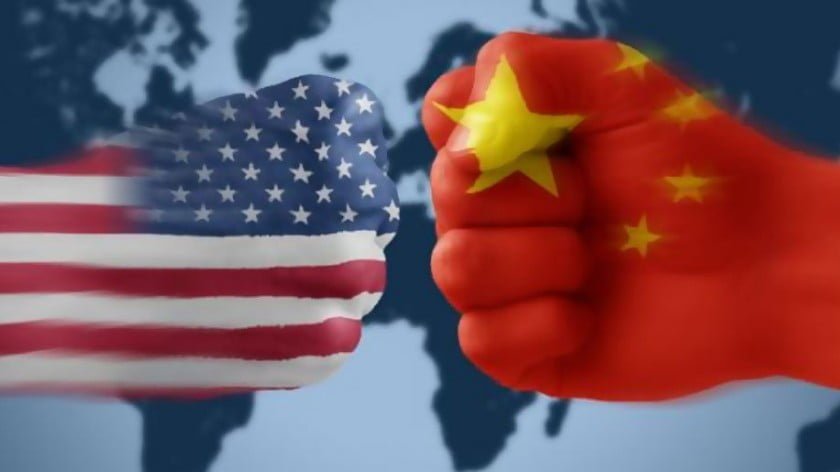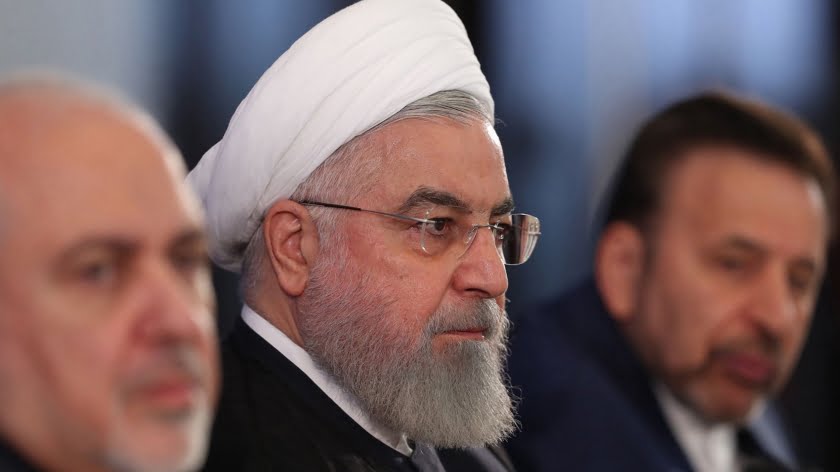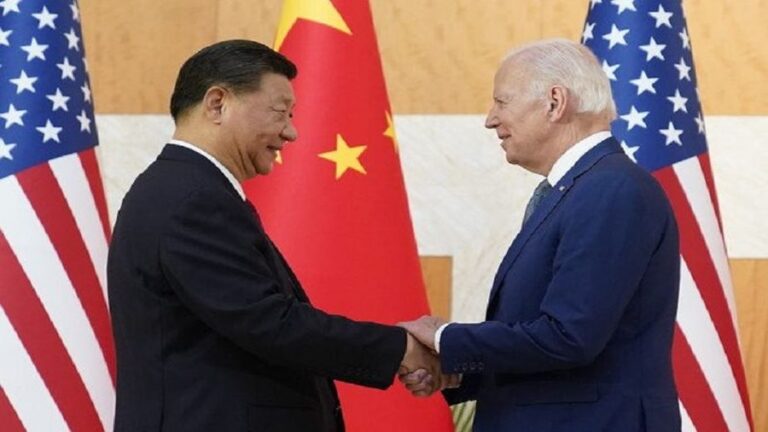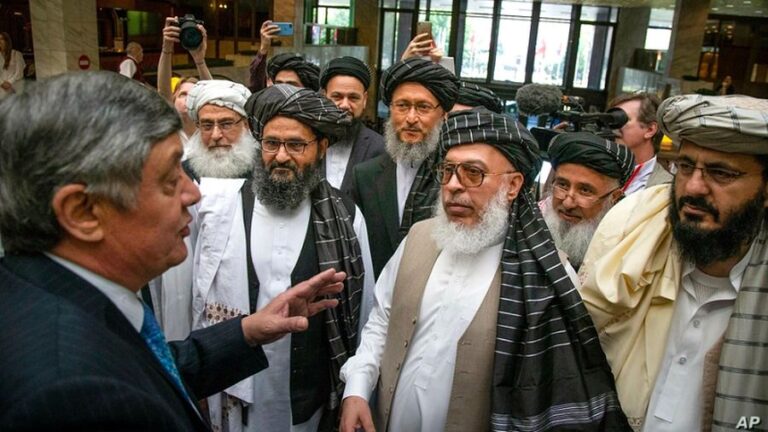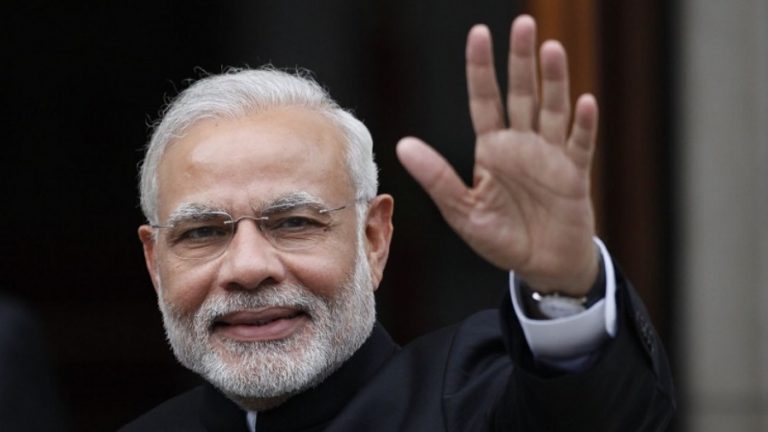South Korea is Leaving behind the Dark Heritage of its Past
On October 17, 1972 Park Chung-hee, President of South Korea, masterminded a constitutional coup, which he called October Yusin, or the October Restoration.
The Fourth Republic (1972-1980) is described in both Korean and Soviet/ Russian sources as a period of extreme totalitarian rule and the most dictatorial government in modern Korean history. The Yusin began with the declaration of a state of emergency, the dissolution of the National Assembly, the closure of political parties and the arrest of the majority of opposition leaders. All meetings other than weddings and funerals were banned in the country. In order to intimidate the population, a considerable number of potential political dissidents were arrested, beaten and tortured. About 20,000 opposition activists were detained in prison.
Involvement in underground student opposition activities was punishable by death, and many universities, in particular Seoul National University, were relocated from the city centers to sites in remote suburbs to prevent student demonstrations in the city center, where they would get more attention.
There were mass purges, roundups and arrests, in which the authorities used the slogan: “The best way to catch four rabbits is to catch ten and then release six”. “The protection of life and freedom of thirty million people stands first, so protecting the rights and freedoms of individual citizens is out of the question.”
As part of his policy of suppressing opposition groups by force, Park Chung-hee approved a range of legal measures, with vaguely phrased provisions that enabled any persons that enabled the regime to punish any persons to which it objected. In 1974-75 a series of Emergency Decrees, prohibiting any criticism of the Constitution or the ruling regime, were passed.
For example, Emergency Decree No. 9, issued in May 1975, made any criticism of the President or the Decree itself, a criminal offence. It also prohibited any politically motivated group events and meetings, including student anti-government demonstrations. Those violating the prohibition could be imprisoned for over a year.
While there is still a great deal of debate about the character of the “father of the Korean economic miracle” and his place in history, historians tend to defend the Fourth Republic, seeing the regime as “what the times demanded”.
In 2013, during Park Geun-hye’s presidency, the Constitutional Court declared Emergency Decrees No. 1, 2 and 9 unconstitutional and in breach of citizens’ fundamental human rights, such as the right of free expression and the right to vote.
In the same year, the Supreme Court also ruled that Emergency Decree No. 9 was invalid as it breached fundamental human rights.
However, in March 2015 the Supreme Court found that the state was not liable to pay compensation to the victims of Emergency Decree No. 9, declaring that the Decree was merely a political instrument, and not a illegal law as defined by civil law.
Nevertheless, those who had suffered as a result of Emergency Decree No. 9 did manage to obtain compensation. In February 2018 the Supreme Court began its consideration of the last class action of its type, brought by 71 claimants – both people who and been arrested and served prison sentences for violation of Emergency Decree No. 9, and the heirs of such persons.
And on August 30, 2022 the Supreme Court ruled that the state should pay compensation to the victims of Emergency Decree No. 9, since “state actions ranging from the issuance and execution of emergency decree No. 9 were illegal due to the absence of objective legitimacy by public officials enforcing the decree…Thus state liability for compensation can be recognized for damage suffered by individual citizens who underwent forced investigations or were convicted and served prison sentences”.
Naturally, the consideration of this case begin during Moon Jae-in’s presidency, and the current Supreme Court largely consists of judges appointed during that period. It is therefore the last decision by Supreme Court Judge Kim Jae-hyung, whose term expired on September 4.
Nevertheless, it is both important and encouraging to note that under the current conservative government the acts of the dictatorship can be subject to judicial review without interference from the government. Even the conservative newspapers who have criticized Yoon Suk-yeol for being too left-wing chose not to criticize the ruling, which they have largely supported.
Moreover, this is not the only case of its type. It is not so long ago that the Supreme Court ruled that crimes had been committed and ordered a new investigation in relation to the Brothers Home, in which homeless and abandoned children were detained during the dictatorship. This state-funded private institution was run by an extreme Protestant sect, and conditions there resembled those in a concentration camp, with mass killings and rapes of teenage residents.
In another recent case a Korean court recognized that the country had committed war crimes during the Vietnam War. Many Korean officers, including future President Chun Doo-hwan, served in Vietnam. Vietnam was seen as part of the Cold War against Communism, and Korean troops served primarily in fighting partisans. They were responsible for 4 or 5 incidents similar to the infamous Mỹ Lai massacre, which were never made public and which even now are rarely talked about in Korea.
One key point, when discussing these recent lawsuits, is that conservatives in today’s Korea do not share the values of the military dictatorship, even if they support Park Geun-hye, Park Chung-hee’s daughter. Following the fall of the Fifth Republic Roh Tae-woo, an associate of Chun Doo-hwan, became president. Although his party did not have a parliamentary majority, he was able win because the two opposition candidates, Kim Young-sam and Kim Dae-jung, were unable to overcome their differences and stood against each other. In a bid to strengthen his position, in 1990 Roh Tae-woo joined forces with Kim Young-sam, and gained a majority, but under the terms of the deal Kim Young-sam joined the ruling party and became President. During his presidency he removed military officers and their supporters from their roles in government, and it was under him that his predecessors Chun Doo-hwan and Roh Tae-woo were imprisoned. Most of the following Conservative leaders have followed in the train of Kim Young-sam, and have no connection with the right-wing policies of the government party under Rhee Syngman or Park Geun-hye.
More importantly, Yoon Suk-yeol is not really a conservative, and during his youth he took part in protests against Chun Doo-hwan. When, in a students’ court, the young Yoon Seok-yeol “sentenced” Chun Doo-hwan to life imprisonment, he was forced to hide out in the provinces at the home of his friend Kweon Seong-dong, now the heat of the Conservative faction in the Korean parliament. It is hardly surprising that this government is not trying to reverse the current trend of challenging the legacy of Korea’s dictatorship – after all these cases are not just political posturing, but involve very real crimes.

